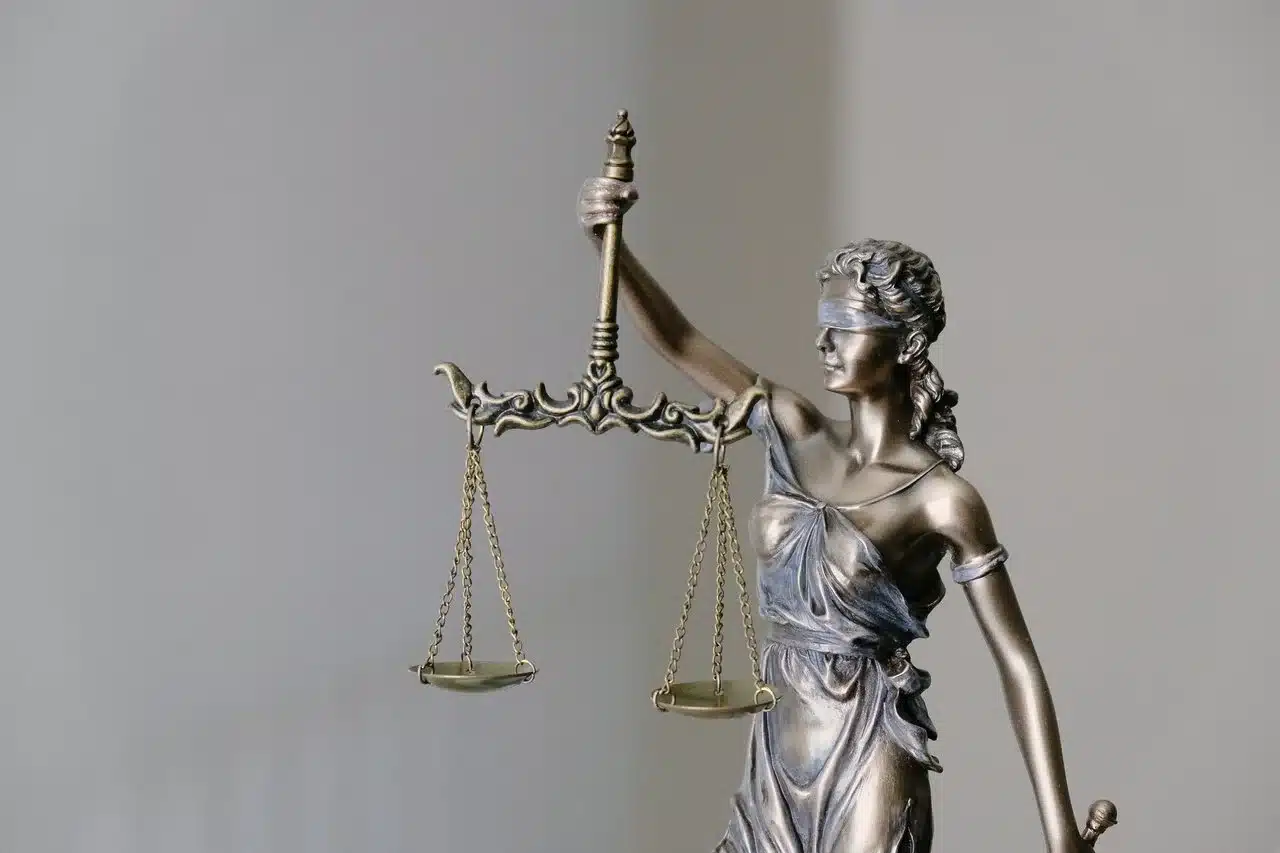Dealing with Insurance Adjusters After an Accident in Florida

After an accident in Florida, dealing with insurance adjusters can be a crucial and challenging part of the claims process. Adjusters are tasked with evaluating your personal injury claim and determining how much compensation you should receive. Understanding how to navigate these interactions effectively can help ensure that you get a fair settlement. Here’s a guide to managing insurance adjusters after an accident in Florida.
Understanding the Role of Insurance Adjusters
Insurance adjusters investigate claims to determine their validity and the amount of compensation that should be paid. They review evidence, assess damages, and negotiate settlements. Their goal is to settle claims efficiently, but they often aim to minimize the payout to save the insurance company money.
Initial Contact with the Adjuster
After reporting the accident, you’ll likely receive a call from an insurance adjuster. Here’s how to handle this initial contact:
- Be Cautious: Be polite but cautious. Avoid giving detailed statements about the accident or your injuries. The information you provide can be used to minimize your claim.
- Gather Information: Ensure you get the adjuster’s contact details and the claim number for your records.
Document Everything
Thorough documentation is crucial when dealing with insurance adjusters. Keep detailed records of:
- Medical Records: Include all medical treatments, bills, and diagnoses related to your injuries.
- Accident Reports: Obtain a copy of the police report and any other official documentation.
- Repair Estimates: Keep records of any vehicle repair estimates or costs.
Avoiding Common Pitfalls
To avoid common mistakes when interacting with insurance adjusters:
- Don’t Accept the First Offer: The initial settlement offer is often lower than what you may be entitled to. Consult with an attorney before accepting any offer.
- Don’t Admit Fault: Avoid making statements that could be interpreted as admitting fault for the accident. Fault is determined based on the evidence and not your statements.
- Don’t Rush to Settle: Take your time to assess the full extent of your injuries and damages before agreeing to a settlement. This includes considering future medical expenses and long-term impacts.
Providing Accurate Information
When you do provide information, ensure it is accurate and complete:
- Be Honest: Provide truthful details about the accident and your injuries. Inaccurate information can harm your credibility and your claim.
- Be Precise: Offer clear and concise information related to your damages, such as medical expenses and lost wages, without speculating or overestimating.
Negotiation Tactics
Negotiating with insurance adjusters can be challenging. Consider these tactics:
- Know Your Worth: Be aware of the full extent of your damages and the compensation you’re entitled to. Use this information to negotiate effectively.
- Document Your Damages: Present a comprehensive record of all your losses, including medical costs, lost wages, and pain and suffering.
- Seek Professional Help: Consult with a personal injury attorney who can assist in negotiations and ensure that you receive a fair settlement.
Understanding Settlement Offers
If an insurance adjuster makes a settlement offer:
- Review Carefully: Evaluate the offer in light of your total damages. Consider whether it covers all your medical costs, lost wages, and any additional losses.
- Consult Your Attorney: Before accepting any settlement, discuss it with your attorney. They can provide guidance on whether the offer is fair and advise you on the next steps.
When to Involve an Attorney
If you encounter difficulties or feel overwhelmed by the process:
- Consult an Attorney: If negotiations become complex or the adjuster is not offering a fair settlement, involving a personal injury attorney can help. Attorneys have experience handling insurance claims and can advocate on your behalf.
- Legal Representation: An attorney can manage communications with the adjuster, negotiate settlements, and represent you in court if necessary.
Conclusion
Handling interactions with insurance adjusters after an accident in Florida requires careful management and attention to detail. By documenting your damages, providing accurate information, and negotiating effectively, you can better navigate the claims process. If you encounter challenges or need assistance, consulting with a personal injury attorney can ensure that your rights are protected and that you receive the compensation you deserve.
